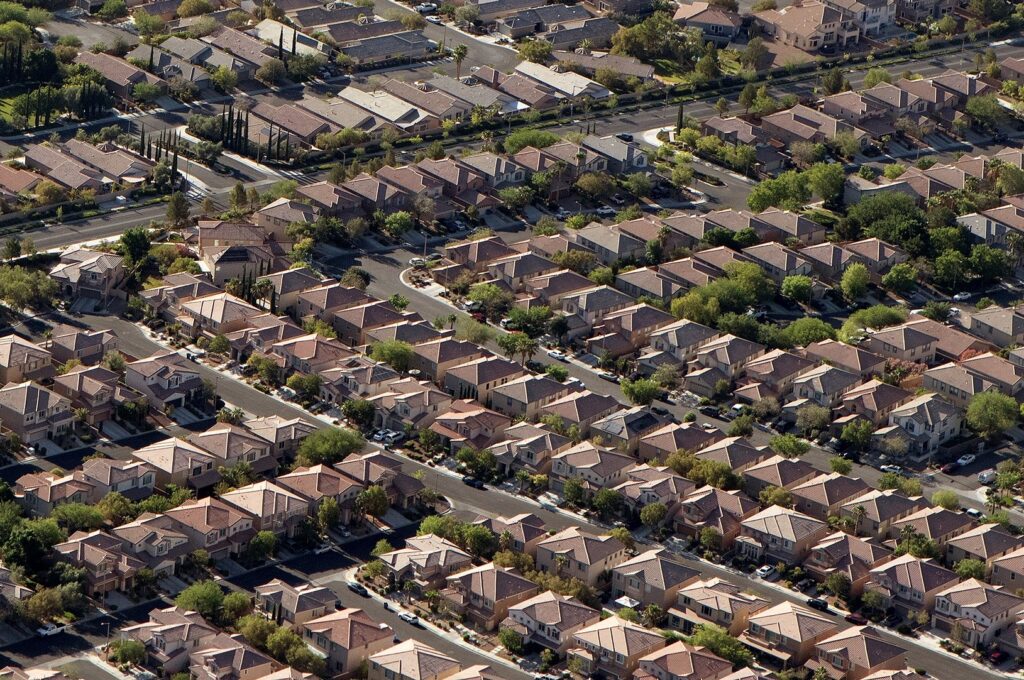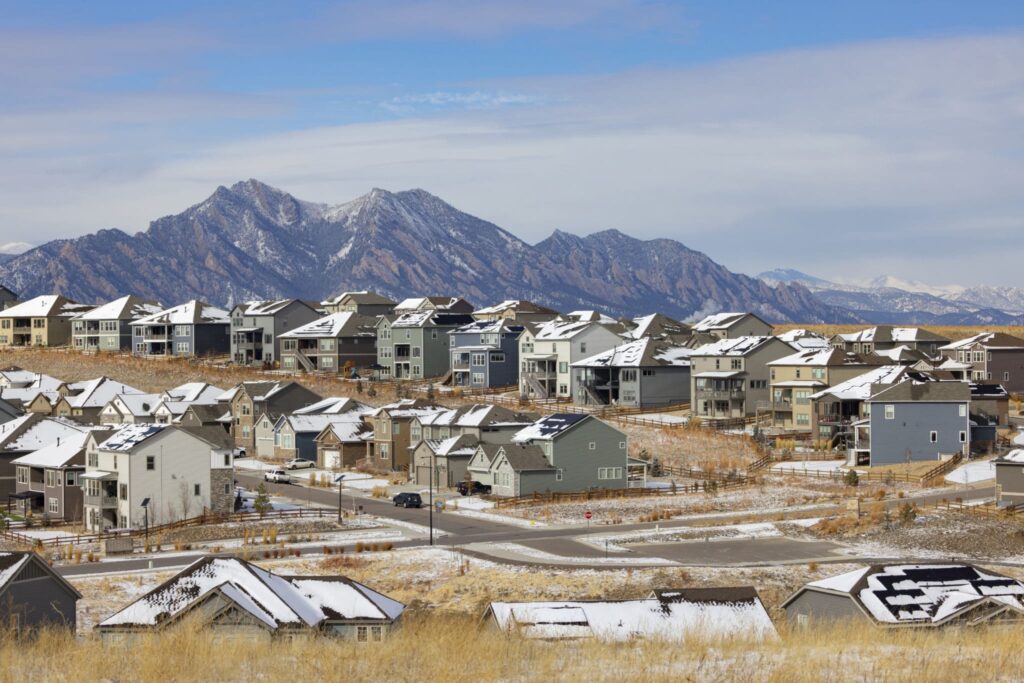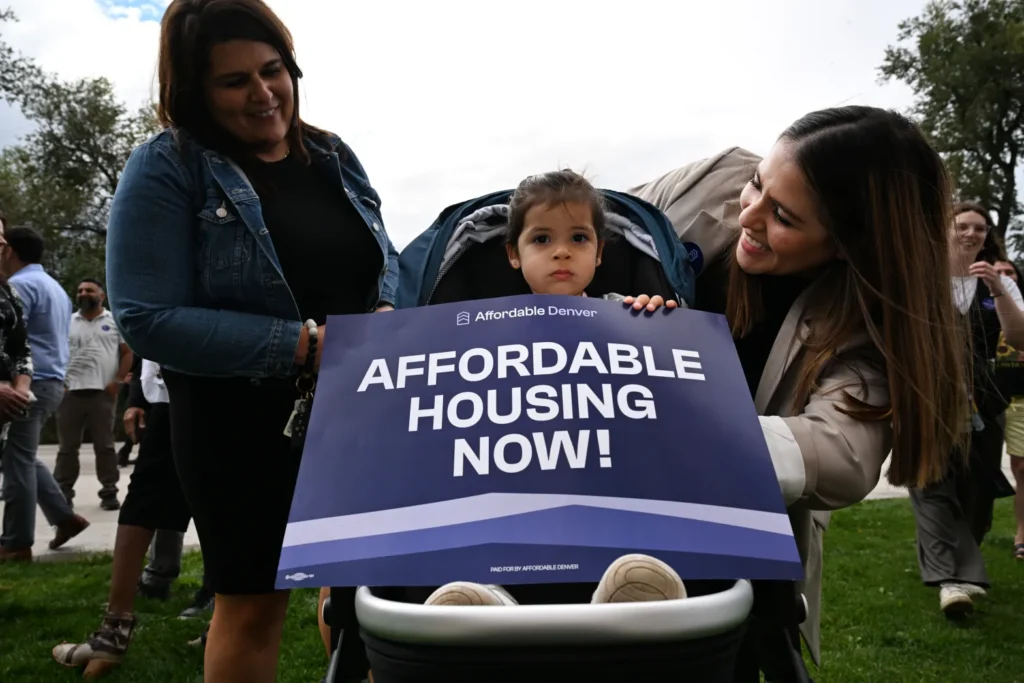
NMHC President Doug Bibby outlines the importance of paying rent during the coronavirus pandemic.
We’re all gripped by the latest news about the devastating effects of COVID-19. As dangerous as the coronavirus is for those who are directly impacted, all Americans will feel the economic impacts of effectively shutting down cities across the nation to try to contain its spread. Federal, state and local government officials have told people to stay home. Yet, while this is going on, some are threatening a rent strike that would imperil the safety and stability of many communities if it materializes.
Mass layoffs understandably have created fear for millions of Americans who aren’t sure how they will pay the rent, buy food and access health care. Fortunately, the Trump administration and Congress recognized the need to provide financial relief to millions of Americans whose income has been disrupted by COVID-19.
The disaster relief package recently signed into law includes expanded and enhanced unemployment insurance coverage so that most workers, including freelancers, are eligible for roughly 100 percent of their pre-crisis salaries. Just as important are additional efforts to have unemployment benefits available to people who remain employed but have had their hours curtailed. These groups usually are not able to access this safety net.
On the surface, these measures will provide people and businesses a pause to steady themselves, stay in their homes and remain afloat during this national emergency. They were designed to allow the economy to function as normally as possible during the crisis. But what happens if financially-impacted renters opt not to use the substitute income they’re provided to pay their rent — especially if they mistakenly think that eviction moratoriums suggest they don’t have to?
Read more here.




